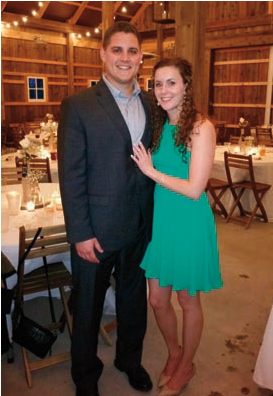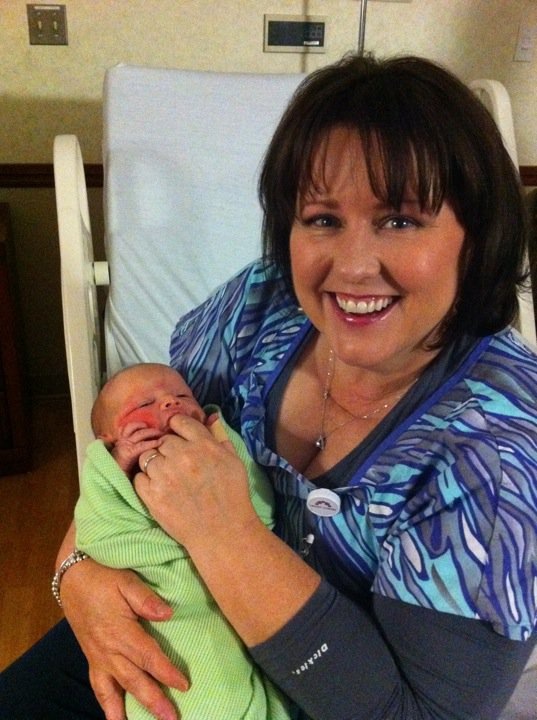“almost a miracle.”
His appreciation for the success of his cornea transplant is as clear as his new vision when he says, “It’s been an absolute blessing in my life.” -Robert Williams



“It’s a process and experience very
few people get exposed to,”
Mr. Coffey explains. “I think about it
regularly – how it’s changed things for
me. Having the transplants was
emotional, but it’s been such a
positive for me. And when I think of
other transplant patients, I’m blown
away.” -Brett Coffey

“Somebody sacrificed something for somebody else out of concern – they felt they could benefit somebody else,” Ms. Dietz says that her experience is “almost like a miraculous improvement – like night and day.” -Amy Dietz


Nurse’s Transplants Give Her “A Lot of Career” to Look Forward To
Labor and delivery nurse Amy Dietz knew her failing vision could have a major impact on her work. “My eyesight is really crucial to my job,” she says. “Seeing an IV needle, reading small labels on drugs,” and prolonged computer work all require good vision. She also was aware of her hereditary tendency toward Fuch’s dystrophy, a corneal disease for which her mother needed corneal transplants.
“I knew the potential for Fuch’s,” she says, who eventually began experiencing the symptomatic difficulty with night driving. “Halos around the lights from oncoming cars” made her stay in familiar areas when she drove after dark. In addition to the corneal disease, she had cataracts, which gradually reduced the level of brightness in her vision.
Ms. Dietz had a practical outlook. “You have to do what you have to do,” she says, with regard to having both cataract and transplant surgeries. But she adds that, compared to other surgeries she’s had, “the eye surgeries are the easiest.”
Ms. Dietz felt confident in her surgeon, Carrie Lembach, D.O., and her confidence was borne out by the ease and painlessness of the experience. From 20 – 50 vision before the cataract surgery, to 20 – 60 and 20 – 70 after, she was pleasantly surprised that the corneal transplant left her with 20 – 40 vision in her right eye. She is preparing to have the left transplanted soon, and is looking forward to new glasses.
“I’m not anywhere near retirement. I have a lot of career in front of me. I need my eyesight – it’s such a safety factor,” Ms. Dietz says. During a period before her surgeries, “my co-workers were very accommodating to me. Some functions are harder than others,” with poor vision, “and they were giving me assignments that were appropriate for me, working around me.” Nursing, she explains, “is a team sport.”
Ms. Dietz, like many transplant patients, finds it difficult to put her gratitude into words. “Somebody sacrificed something for somebody else out of concern – they felt they could benefit somebody else,” she says of the donors. She has a great “appreciation of people who think to make a generous donation.”
Thanks to her cornea donors, Ms. Dietz says that her experience is “almost like a miraculous improvement – like night and day.” She goes on to say that her vision went from “gradually changing to bad – and then all of a sudden, clear and vibrant!”

